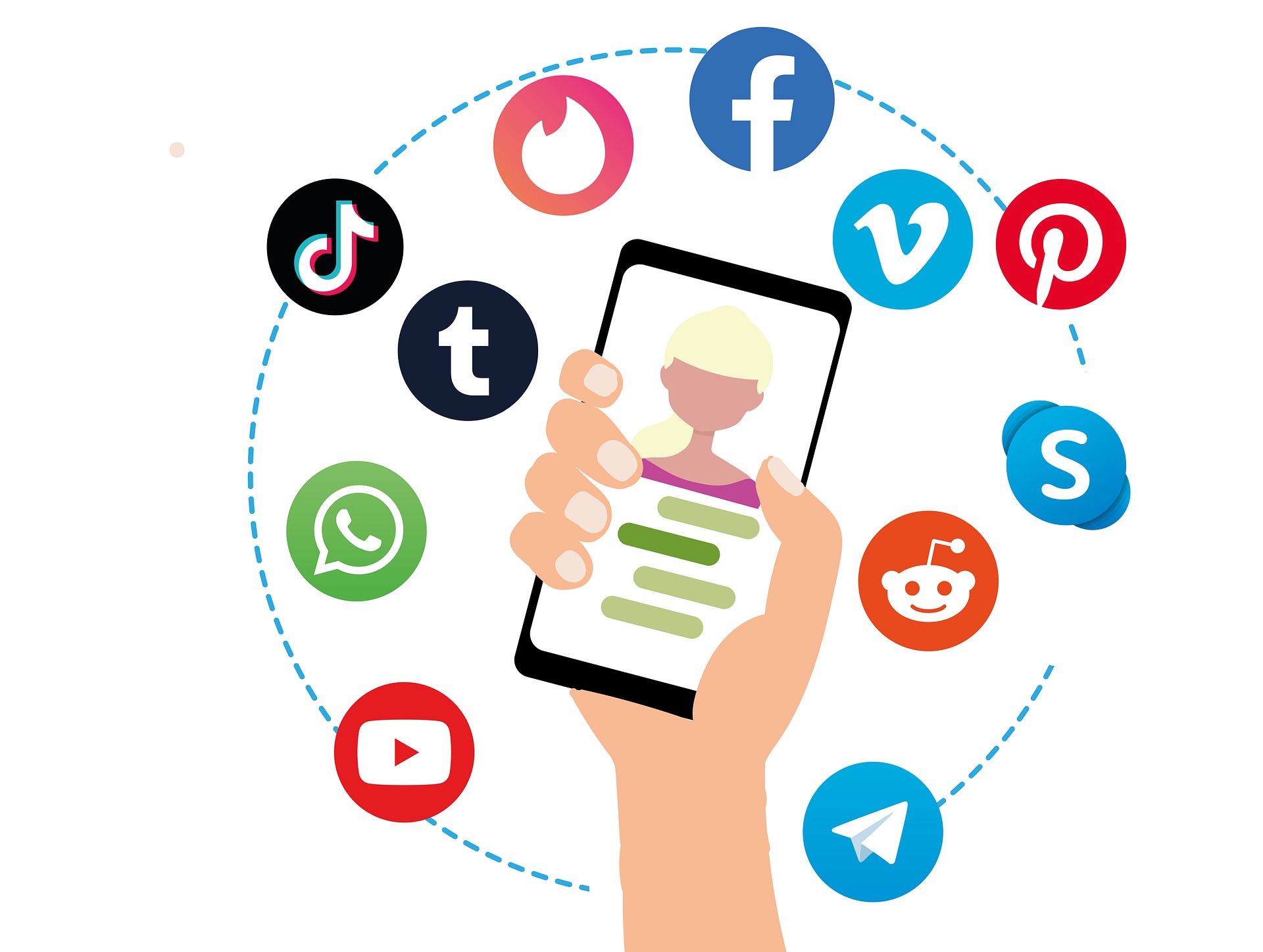Understanding Social Media Addiction:
In our modern world, social media has become an integral part of daily life. From staying connected with friends and family to finding news and entertainment, the benefits of social media are vast. However, just like any other powerful tool, it comes with its risks. One of the most prevalent issues is social media addiction.
What exactly is Social Media Addiction?
Social media addiction, also known as social media overuse or problematic social media use, refers to the excessive use of social media platforms to the point where it interferes with daily life. Common examples include, checking on social media alert while driving, staring at Insta reels while hanging out with your friends etc. This addiction can manifest in various ways, such as spending hours scrolling through feeds, constantly checking for notifications, or feeling anxious when unable to access social media.
Effects of Social Media Addiction:
1. Impact on Mental Health: This is a big one
– Anxiety and Depression: Excessive social media use can contribute to feelings of anxiety and depression, especially when comparing one’s life to the seemingly perfect lives of others. Several studies have found that young people mind are easily influenced by social media and is linked with depression.
– Low Self-Esteem: Constant exposure to carefully curated posts and images can lead to feelings of inadequacy and low self-esteem.
– Isolation: Paradoxically, despite the “social” aspect, excessive social media use can lead to feelings of isolation and loneliness.
2. Physical Effects:
– Poor Sleep: The blue light emitted by screens can disrupt sleep patterns, leading to insomnia and fatigue.
– Eye Strain: Staring at screens for extended periods can cause eye strain and headaches.
– Sedentary Lifestyle: Excessive social media use often means prolonged periods of sitting, which can contribute to a sedentary lifestyle and related health issues.
3. Impact on Relationships:
– Neglect of Real-Life Connections: Spending more time on social media can lead to neglect of real-life relationships with family and friends.
– Miscommunication: Relying heavily on social media for communication can lead to misunderstandings and misinterpretations.
So how can you manage this Social Media Addiction?
1. Recognise the Signs:
– Be aware of your social media habits. Notice if you’re spending more time than intended or if it’s interfering with work, relationships, or sleep.
2. Set Boundaries:
– Limit Screen Time: Set specific times for social media use and stick to them. If you own any new smartphones, you can download an app that can limit your social media screen time, which will lock you out when your daily time limit is up.
– Turn Off Notifications: Constant notifications can be distracting. Turning them off allows for more focused and mindful use.
– Create Tech-Free Zones: Designate certain areas of your home as tech-free, such as the dining table or bedroom.
3. Engage in Offline Activities:
–Hobbies and Interests: Rediscover hobbies or activities you enjoy that don’t involve screens.
– Exercise: Physical activity not only improves health but also provides a break from screens and boosts mood.
4. Quality over Quantity:
– Curate Your Feed: Unfollow accounts that make you feel inadequate or anxious. Follow accounts that inspire and uplift you.
–Meaningful Interactions: Focus on quality interactions rather than mindless scrolling. Engage in meaningful conversations and connections.
5. Practice Mindfulness:
– Mindful Consumption: Before scrolling, ask yourself why you’re using social media. Is it out of boredom, habit, or genuine interest?
–Mindful Posting: Think before you post. Consider the impact of your posts on yourself and others.
6. Seek Support:
– Talk to Someone: If you feel your social media use is becoming problematic, don’t hesitate to reach out to a trusted friend, family member, or mental health professional.
– Support Groups: Online or offline support groups can provide a sense of community and understanding.
Conclusion:
Social media addiction is a real and growing concern in our digital age. However, with awareness and proactive steps, it is manageable. By recognising the signs, setting boundaries, engaging in offline activities, focusing on quality interactions, practising mindfulness, and seeking support when needed, it is possible to regain control and lead a healthier, more balanced life. Remember, it’s not about eliminating social media entirely but finding a healthy and sustainable relationship with it.


Leave a Reply